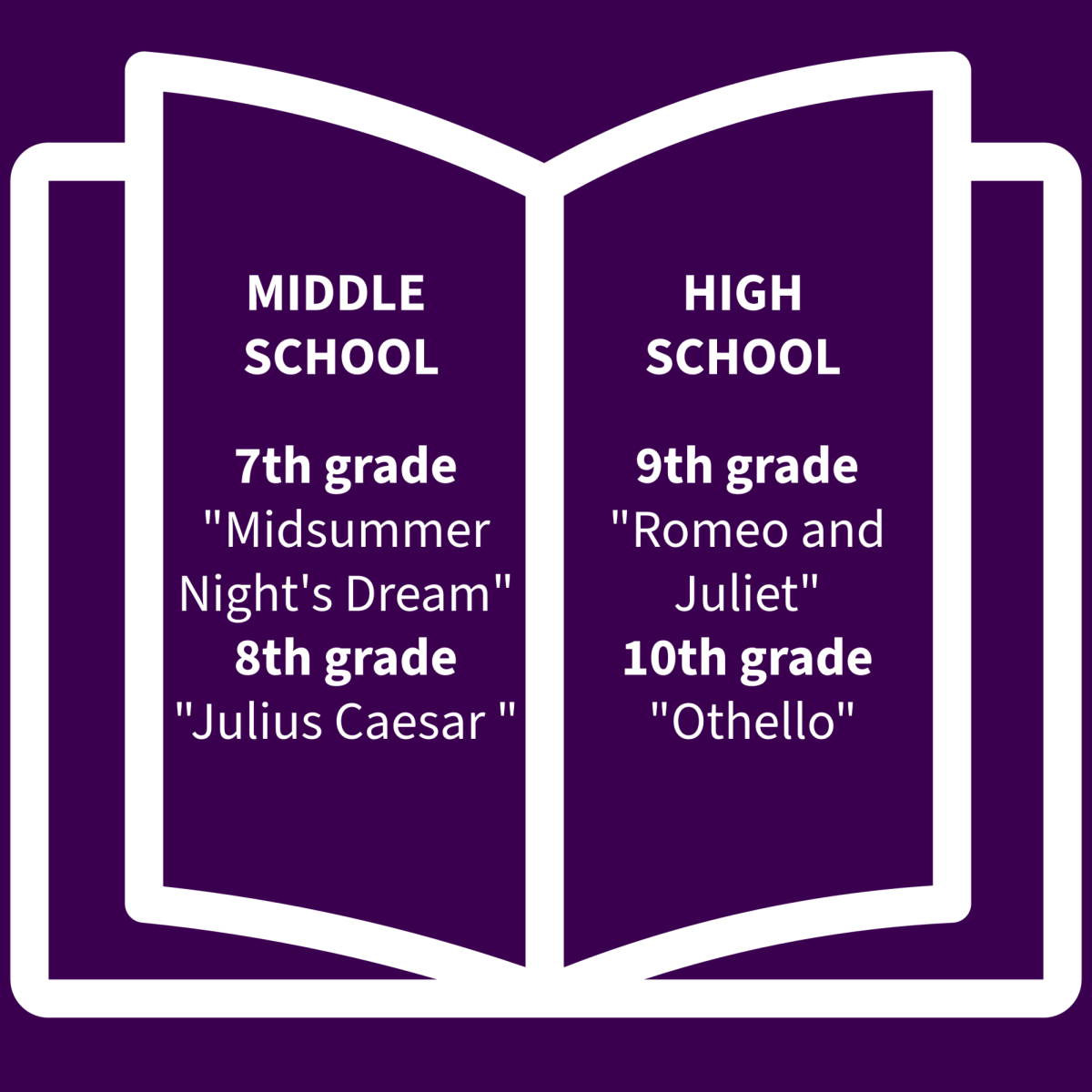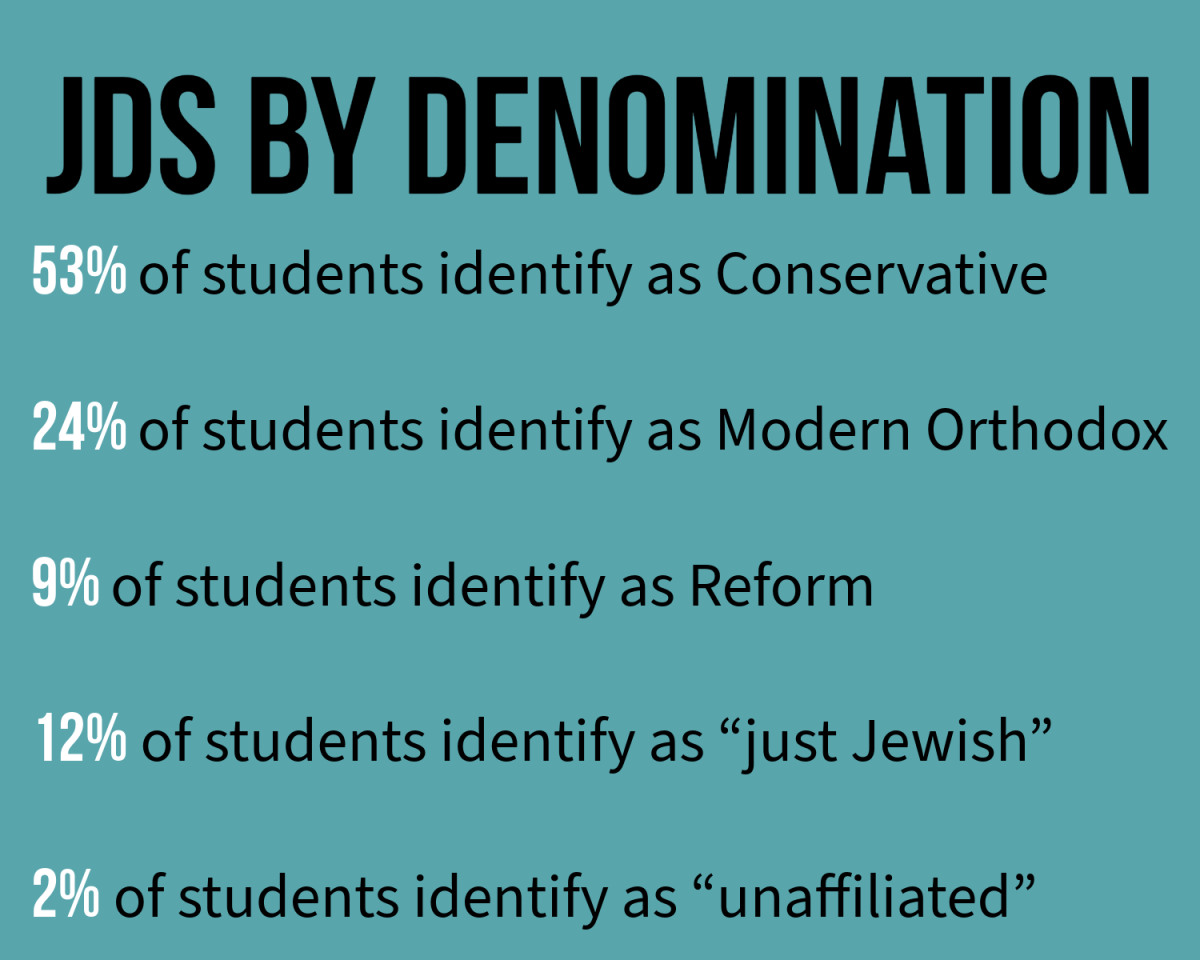After finishing William Shakespeare’s famous play, “Romeo and Juliet,” in my freshman English class, I found myself impressed by the tragic ending of the great love story. While the old language was challenging, it shouldn’t cause people to shy away from reading Shakespeare’s plays. Shakespeare is crucial to analytical skills, understanding old English and incorporating history into literature.
While Shakespeare may be a staple in American classrooms, it has its controversies. Many of his works contain intolerable ideas such as antisemitism, racism and misogyny. Many schools have decided to take Shakespeare out of the curriculum because they believe that students should not be exposed to these topics.
However, I believe it is important for difficult topics to be discussed with students to prepare them for the world after highschool and help them form their own opinions. The more exposed students are to these topics, the better suited they are to appropriately discuss them and combat them.
In addition to the lessons Shakespeare’s writing teaches, reading Shakespeare is also a great way to learn about European history, as well as broaden our understanding of the old language. Due to the events that take place and mannerisms present in Shakespeare, readers get a look into how life was like many ages ago. In addition, exposure to new words gives us the opportunity to expand our analytical skills by getting comfortable with unfamiliar words and phrases.
For many high schoolers and for myself, Shakespeare can be difficult to understand. However, there are many credible websites now that help translate or that explain the text for free, which I’ve found very helpful. After reading only two Shakespeare books, I already feel more comfortable with the language and can better understand the plot without a barrier. Looking back, it is important to persevere through the linguistic difficulties in order to strengthen vocabulary and gain confidence in analyzing older texts.
“Shakespeare is really important and great for students because the language is hard and you gain a lot of skills from encountering difficulty,” high school English teacher Dory Fox said. “I think that it is really cool to look from act one to act five, how much more confident [students] got.”
Part of the appeal and the reason that Shakespeare is present in daily interactions is because many people feel that they can relate to the characters in his plays. Shakespeare does an exceptional job of capturing human inclinations, and in many of the characters, I see aspects of myself. From this I am able to learn more about how emotions lead to actions. It also broadens awareness and consciousness of our tendencies.
Even if you have never read Shakespeare or do not see its significance, people encounter it in their daily lives without even knowing. For example, the popular “knock-knock, who’s there?” jokes originate from Shakespeare. Also, some of the most famous movies today that most 21st century teenagers have watched are adaptations of some of Shakespeare’s most famous works. The Lion King is loosely based off of Hamlet, and Shakespeare influenced famous musical West Side Story and chick-flick 10 Things I Hate About You. Despite the fact that Shakespeare died many centuries ago, his work and memory still live on today.
Shakespeare has been a part of English curriculums for many years, shaping students all over the world. We cannot shy away from difficult topics or the difficult language, rather we must approach it with an open mindset and give it our all. We must continue to read Shakespeare not only to help with literary skills, but to help our own history live on.
















